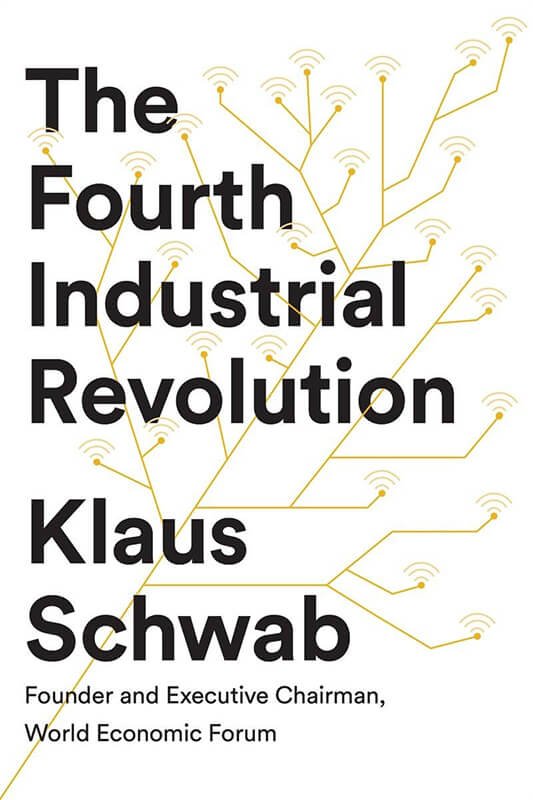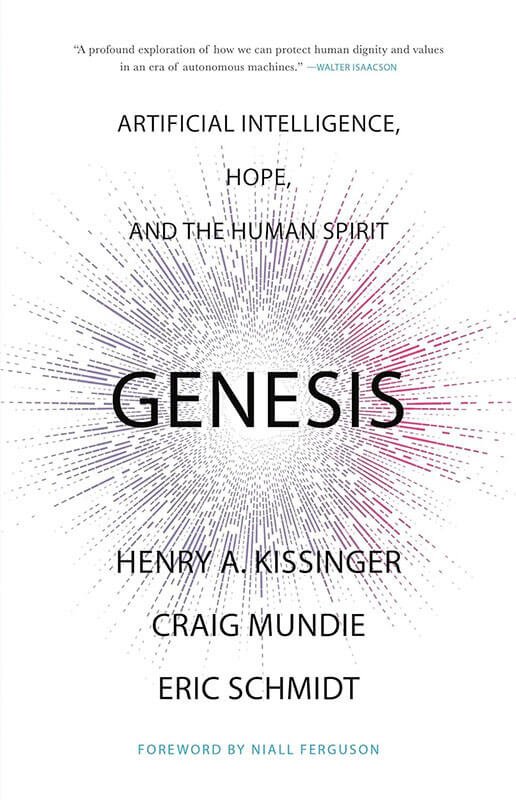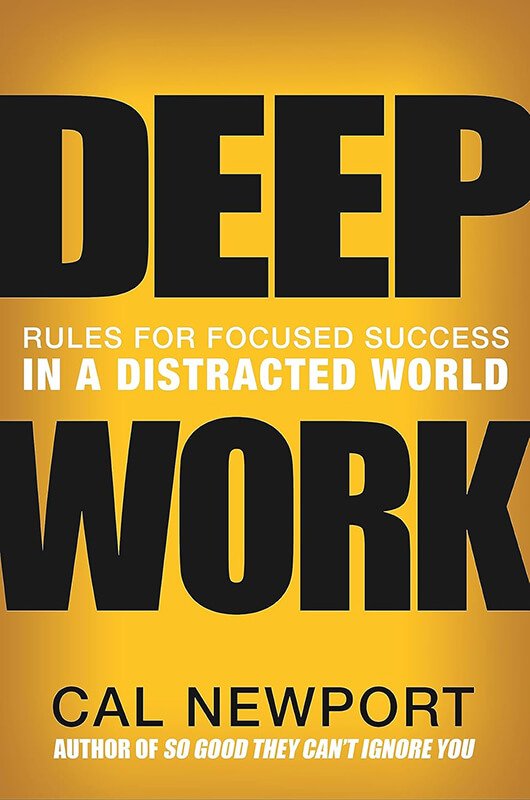Published in 2016, Klaus Schwab’s “The Fourth Industrial Revolution” provides a comprehensive framework for understanding the massive technological and societal changes reshaping our world.
As the founder and executive chairman of the World Economic Forum, Schwab offers unique insights into how emerging technologies are converging to create unprecedented challenges and opportunities.
The core premise is that we are entering a new phase of human development that will fundamentally alter how we live, work, and relate to one another.
Core Concepts
Schwab explore several key themes that form the foundation of his vision for the future:
- The nature and scope of the fourth industrial revolution, its rapid pace and systemic impact
- The driving technologies reshaping society, the interconnected nature and compound effects
- The impact on business, government, and individuals, with attention towards economic changes
- Emerging challenges and opportunities across technological, social, and ethical dimensions
- Framework for adaptation and response, emphasizing proactive engagement
- The role of human agency in shaping technological development and implementation
The author emphasizes that unlike previous industrial revolutions, the fourth is evolving at an exponential rather than linear pace, with technologies building upon and amplifying each other in unprecedented ways.
Chapter-by-Chapter Review
Part I: The Fourth Industrial Revolution
Schwab situates this revolution in historical context and explains how it differs from past industrial revolutions: it moves faster, affects more domains, and has systemic consequences that ripple across whole societies. He stresses that the defining feature is the fusion of technologies that blur the lines between the physical, digital, and biological — and that this fusion changes not only what we can do, but who we are.
Part II: Drivers
This section maps the technological drivers — AI and machine learning, robotics, the Internet of Things, biotechnology, 3D printing, and related advances — and shows how they interact and amplify one another. Schwab highlights how these technologies reach tipping points, moving from isolated experiments to rapid, widespread adoption that accelerates social and economic change.
Part III: Impact
Schwab examines the revolution’s multi-layered effects:
- Economy: shifts in productivity, new business models, and the risk of job displacement and inequality.
- Business: disruption of industries, data-driven product/service innovation, and new forms of collaboration and organization.
- National & Global: changing geopolitics, supply-chain redesign, and governance stresses as issues cross borders.
- Society: implications for education, social cohesion, and public welfare.
- Individuals: effects on privacy, identity, skill requirements, and daily life.
Across these domains he emphasizes both opportunity and risk — the same technologies that can boost prosperity can also deepen divides unless deliberately managed.
Schwab argues that traditional policy tools and institutions are often too slow or siloed to cope; he calls for agile governance and adaptive policymaking that can respond rapidly while protecting public values. This includes new regulatory approaches, cross-sector collaboration, and continuous learning by institutions.
The Way Forward
The book closes with practical recommendations: embrace a multi-stakeholder approach (governments, business, civil society, academia), invest in human capital and lifelong learning, design inclusive policies, and shape technologies toward shared values. Schwab’s central message is that the Fourth Industrial Revolution is not an unstoppable fate — it is something humanity can steer, but only through coordinated, ethical, and forward-looking action.
Key Strengths
- Comprehensive overview of technological convergence
- Strong analysis of societal implications
- Global perspective on challenges and opportunities
- Practical frameworks for adaptation
- Well-researched and authoritative insights
Potential Drawbacks
- Some concepts may feel abstract to general readers
- Limited practical guidance for individuals
- Can be overwhelming in scope
Who This Book Is For
This book is particularly valuable for:
- Business leaders planning long-term strategy
- Policy makers and government officials
- Professionals wanting to understand future trends
- Anyone interested in technological and societal change
Final Review
“The Fourth Industrial Revolution” provides an essential framework for understanding the massive changes reshaping our world. While the scope can feel overwhelming, Schwab succeeds in making complex technological and societal trends accessible. The book serves as both a wake-up call and a guide for navigating our rapidly evolving future.
Perhaps most importantly, Schwab’s work helps readers understand that the fourth industrial revolution isn’t just about technology – it’s about how humanity can actively shape these changes to create a more equitable and sustainable future. The book challenges us to move beyond passive observation to become active participants in defining how these technologies will transform society.
Rating: 4.1/5
A crucial read for understanding the technological revolution that’s transforming human civilization and how to prepare for it.

Alternative Books
For readers interested in exploring similar topics, consider these highly-rated alternatives:

“Genesis: Artificial Intelligence, Hope and the Human Spirit” by Kissinger, Schmidt and Mundie
Examines AI’s potential impact through historical wisdom, technical knowledge, and the human spirit.
Rating: 4.2/5

“Range: Why Generalists Triumph in a Specialized World” by David Epstein
Explores how adaptability and broad knowledge become crucial in times of rapid change.
Rating: 4.6/5

“Deep Work” by Cal Newport
Provides strategies for maintaining productivity and value in an increasingly automated world.
Rating: 4.5/5





